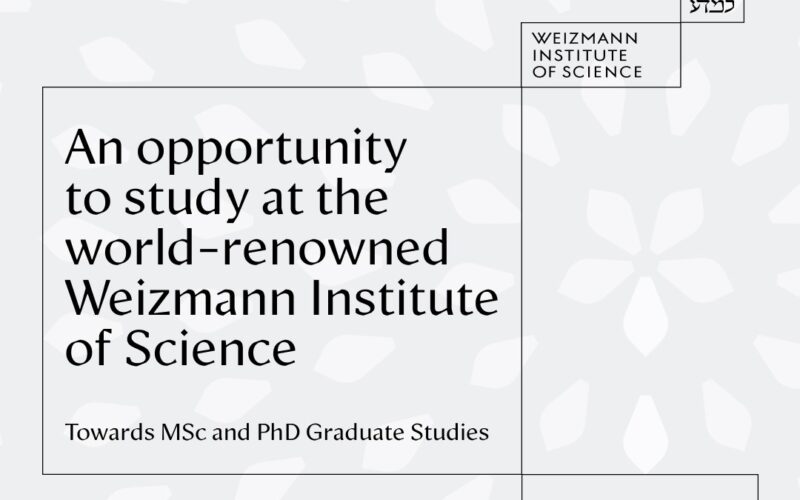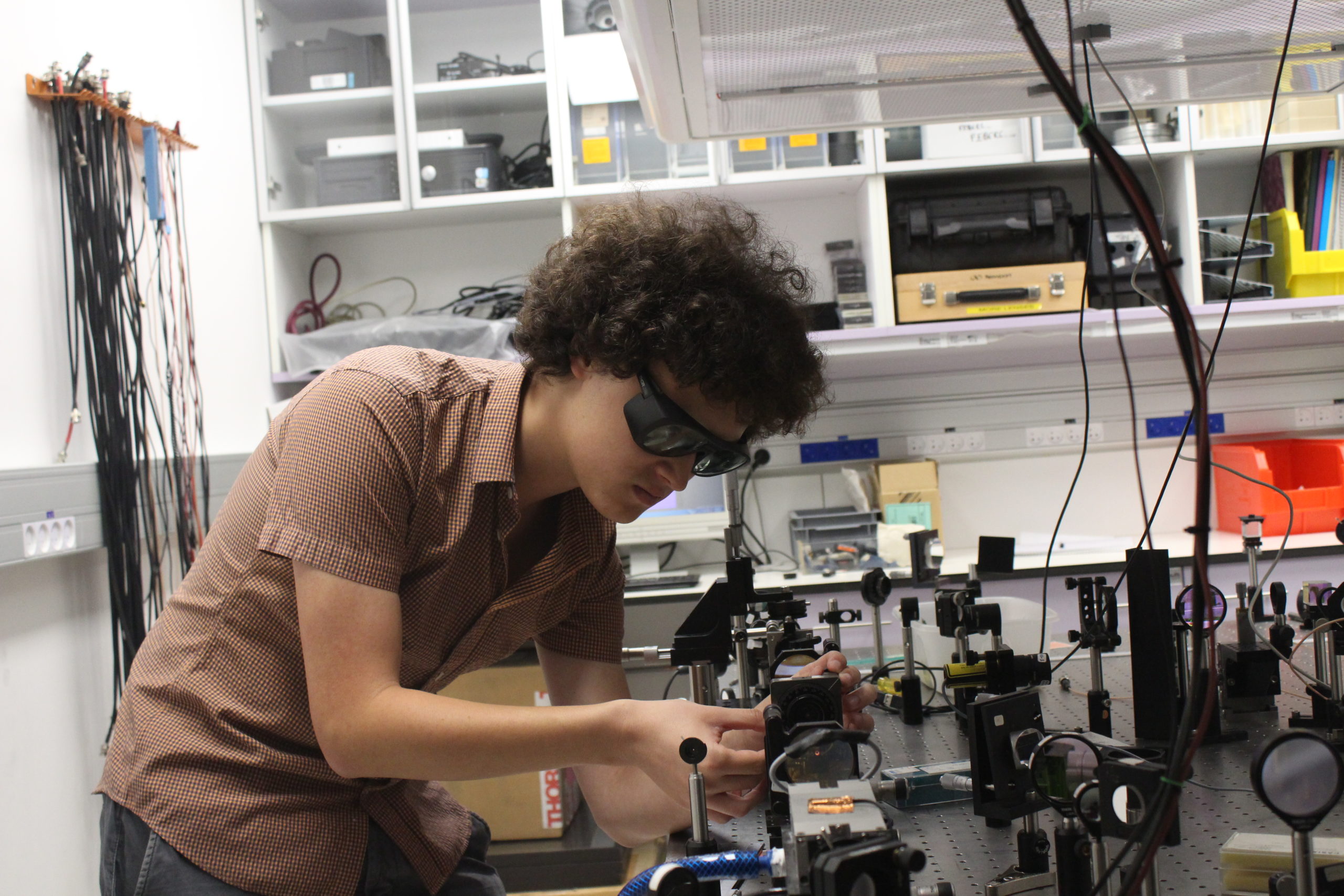
April 6, 2016
A new drug recently approved by the US Food and Drug Administration to treat a specific type of lung cancer, is the third cancer drug on the market that uses a Weizmann Institute of Science patent.
This patent is designed to block a receptor on the surface of cells called the epidermal growth factor receptor (EGFR) which is implicated in cancer development.
Some years ago, studies by Professor Michael Sela and colleagues Dr Esther Aboud-Pirak and Dr Esther Hurwitz from Weizmann’s Immunology Department, discovered that EGFR-inhibiting antibodies produce an anti-cancer effect if used in combination with chemotherapy. This discovery was then patented and has now a third anti-cancer drug affiliated to it.
Mr Amir Naiberg, CEO of the Yeda Research and Development Company – the commercialisation arm of Weizmann’s research – applauded the latest approval.
“It’s a great achievement of technology transfer. A single patent has led to three licensing agreements and three different therapies for various malignancies,” he said.
These three EGFR blocker drugs, given to cancer patients with certain genetic features, are helping save lives around the world.
The new drug is called Portrazza (manufactured by Eli Lilly) and is delivered by intravenous injection, combined with chemotherapy drugs to treat metastatic squamous non-small cell lung carcinoma, for which there are limited treatment options. During a phase III clinical trial Portrazza used in combination was shown to improve survival of patients.
The first drug on the market using the Weizmann patent is called Erbitux (manufactured by Merck and Eli Lilly) and is approved in many countries for use in combination with chemotherapy or radiation to treat head and neck cancers plus metastatic colorectal cancer.
The second is Vectibix (manufactured by Amgen), again approved for use in combination with chemotherapy or sometimes, if the chemotherapy fails, alone. This is also for treating metastatic colorectal cancer.






